Including data in your communication
Are you looking to improve the data visualisation in your communications? This course is for you! This course dives into how you and your team can communicate your findings and research through data visualisation and catch your audiences’ attention. Our videos showcase how you can go beyond a printed document to interactive tools, communicate complex economic topics in an enticing way, and create meaningful and interactive maps that take your audience on a journey.
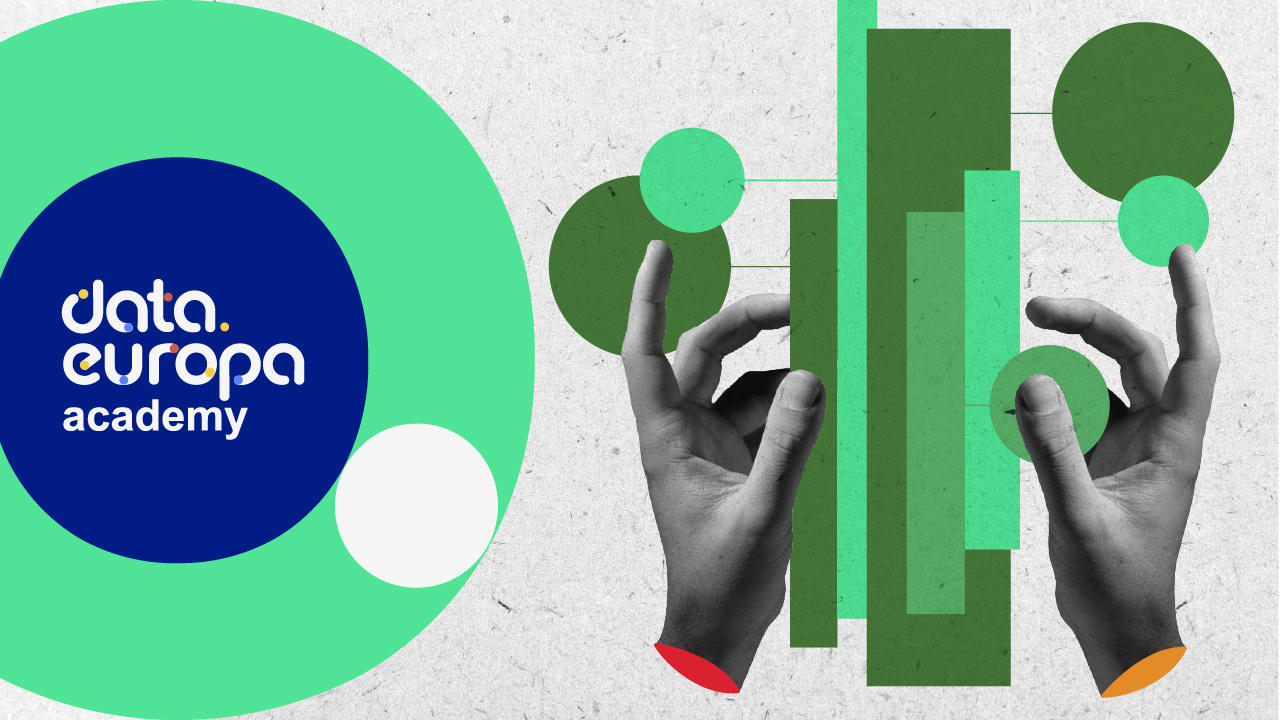
About this course
- Level:
- Beginner
- Content:
- 10 lessons
- Theme:
- CommunicationImpactQuality
- Format:
- Reading, Videos
- Audience:
- Journalists, Public sector, Non-governmental organisations, Academia, Data providers, Private sector
Lessons in this course
Through webinars and reading materials, you'll explore the creative possibilities and innovation that can be achieved with open data. Moreover, we'll show you how European Data Portal can support the use of open data for various purposes.
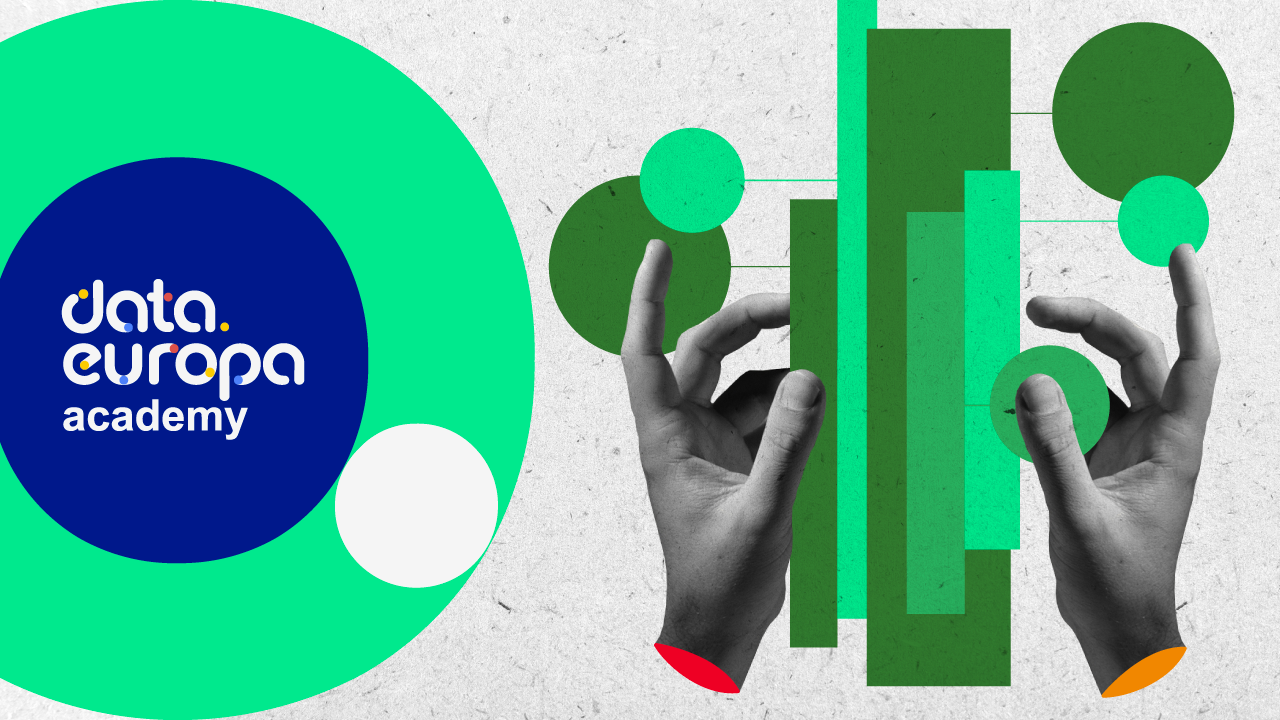
Information can get lost in a long document. How can we get it out? In this lesson, we have three webinars that deep dive into how you can go beyond a printed document and annual report, and instead have a human-centred information design process that can be used to develop a modern, data-driven government publication that incorporates data visualisation and data-driven storytelling.
- Level:
- Beginner
- Content:
- Videos
- Theme:
- ImpactCommunication
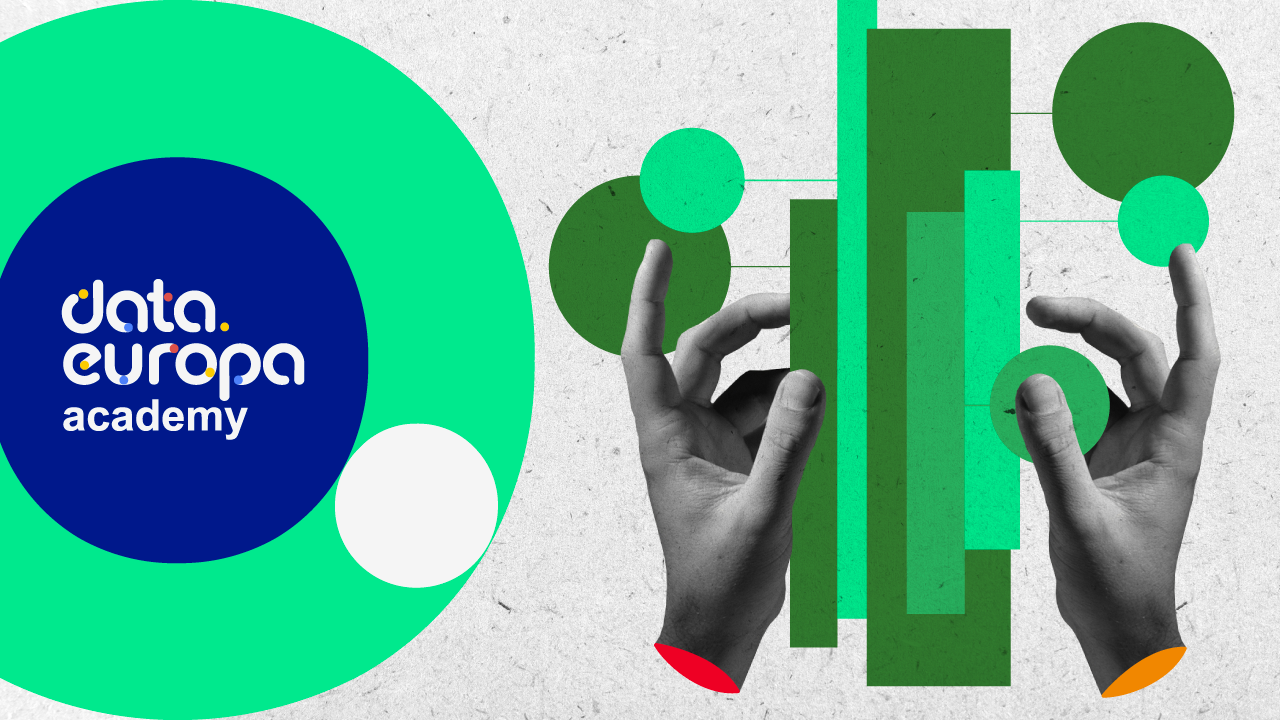
Is it possible to merge economic and policy research with best practices from information design, software development, data science, product management, and digital humanities? In this webinar, Annie White and Nil Tuzcu show how data visualisation can be a vital channel to effectively interpret and analyse complex concepts. You’ll learn aboutthe dynamics of growth and how to translate those insights into more effective digital policymaking tools.
- Level:
- Advanced
- Content:
- Videos
- Theme:
- ImpactCommunication
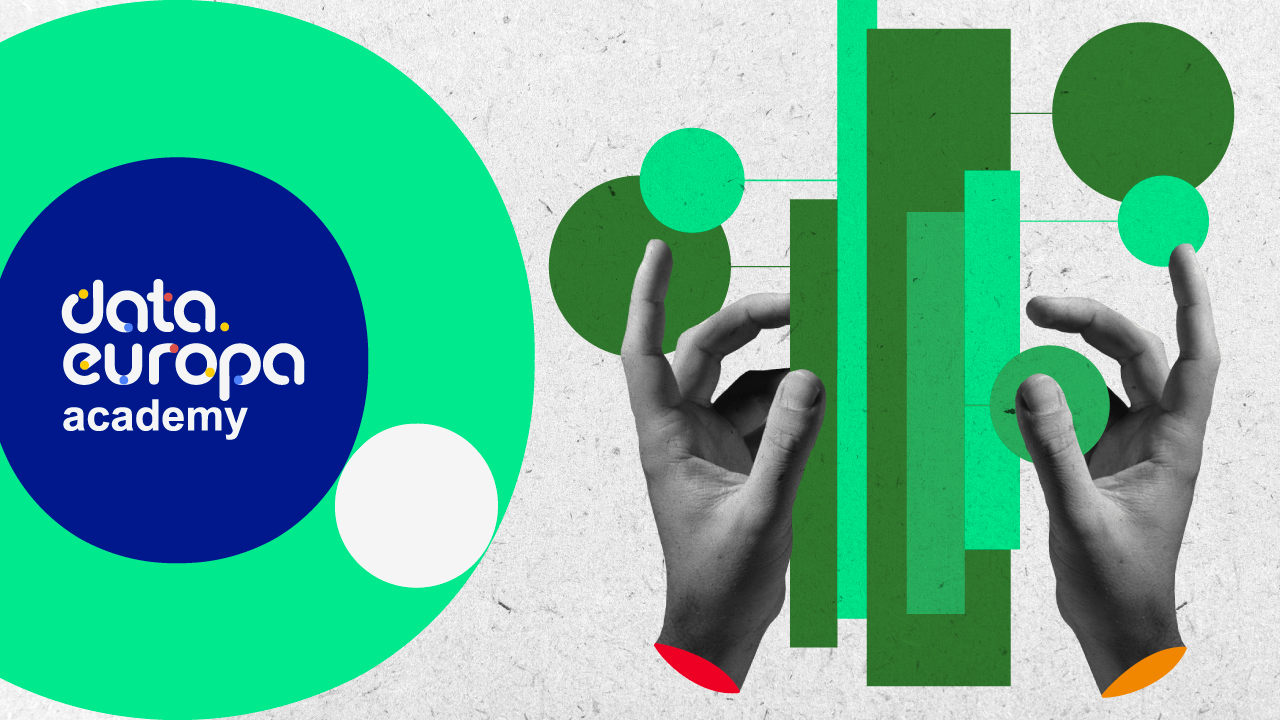
Want to know how to create informative and interactive maps? In this webinar, Arnold Platon discusses his project 'Municipality-level Mapping of the 2019 European Elections' and discusses how he and the German newspaper Zeit Online built a case for a harmonised treatment of European election data. You’ll learn how you can find the data you need, when and where to use it, how to name and group them, and interpret and present your results.
- Level:
- Beginner
- Content:
- Videos
- Theme:
- Impact
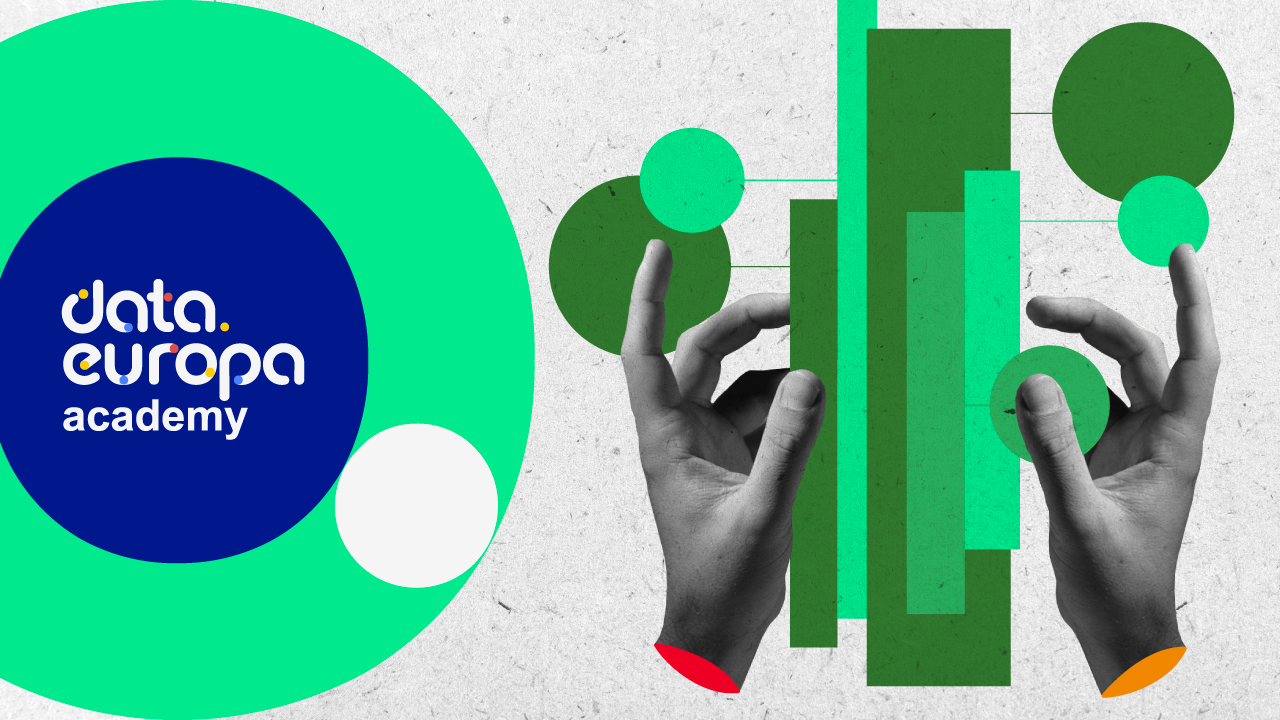
Have a passion for design, information, numbers, and storytelling? In this webinar, David McCandles combines these passionsto create a hyper-visual presentation and tell his story. You’ll learn how to illuminate the rules and best-practices of visualisation, explore the growing power of interactivity in storytelling, identify the role of “creative play” for finding and sharing insight, and recognise how to tell stories with unusual materials like data.
- Level:
- Beginner
- Content:
- Videos
- Theme:
- Communication
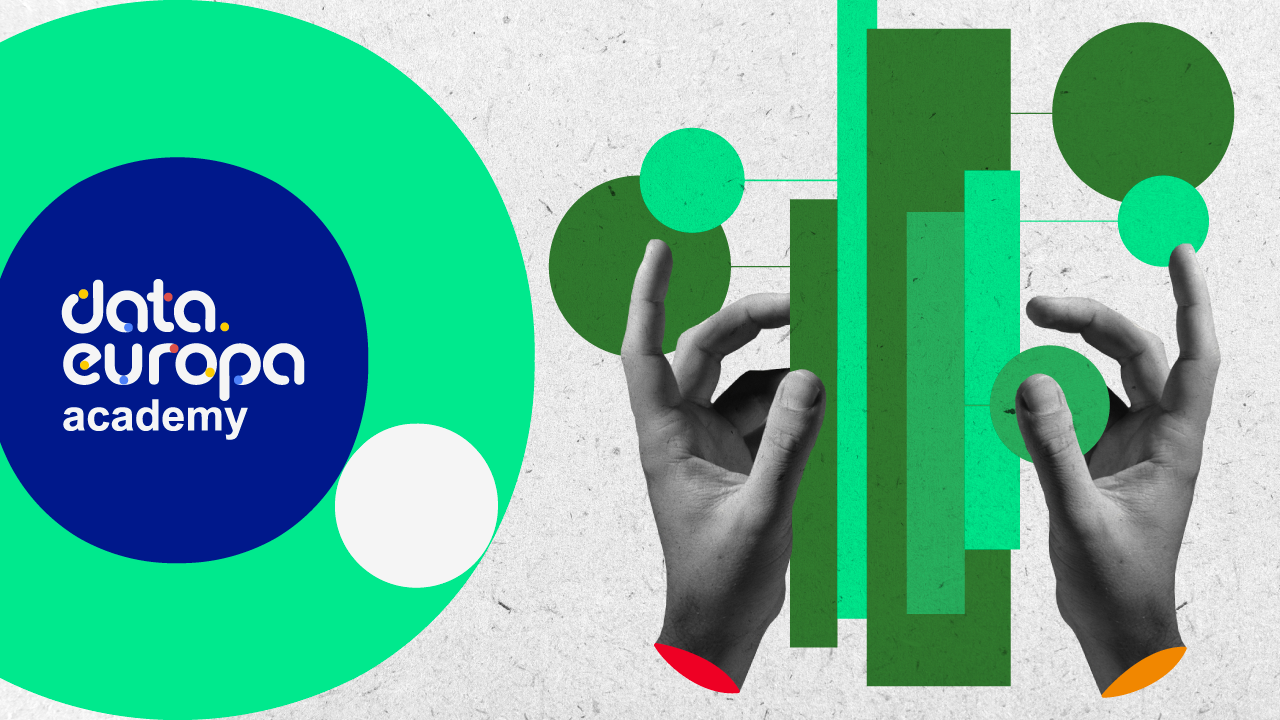
Are you looking at how to go beyond basic bar graphs and pie charts? In this webinar, Michael Neutzediscusses all aspects of designing meaningful mapping visualisations and why we need to understand the data mapping process – including when we should and shouldn’t make a map. You’ll learn how to find a suitable map-type for your data and what details to pay attention to, how to correctly interpret the information, what colours and font-sizes to use, objective classification and an overall visual hierarchy for symbolisation of the underlying geography.
- Level:
- Beginner
- Content:
- Videos
- Theme:
- Communication
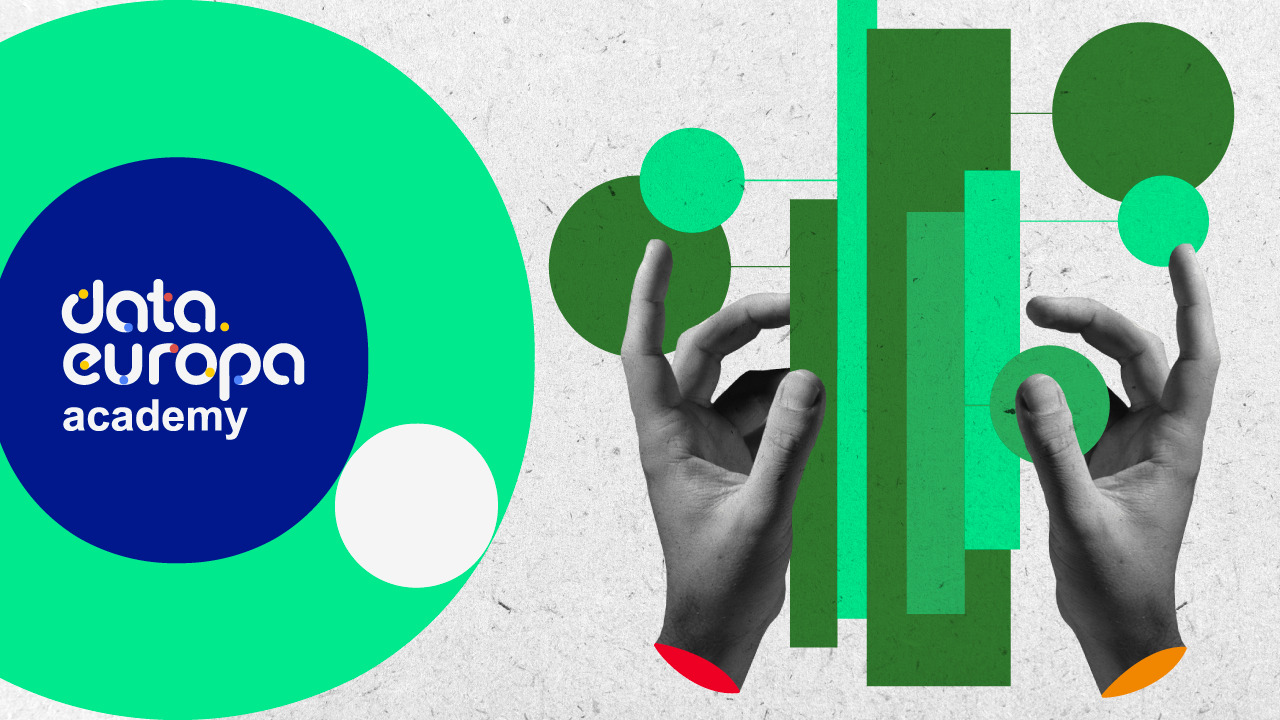
Are you looking to produce an interactive map to visualise information such as investment or finance data? In this webinar, Steve Albrecht discusses how the European Investment Fund collaborated with The Information Lab to produce an interactive map visualising investments across the EU. You’ll learn how to go from project design to technical realisation and how you and your organisation can become data-driven and resilient in the digital era.
- Level:
- Intermediate
- Content:
- Videos
- Theme:
- Communication
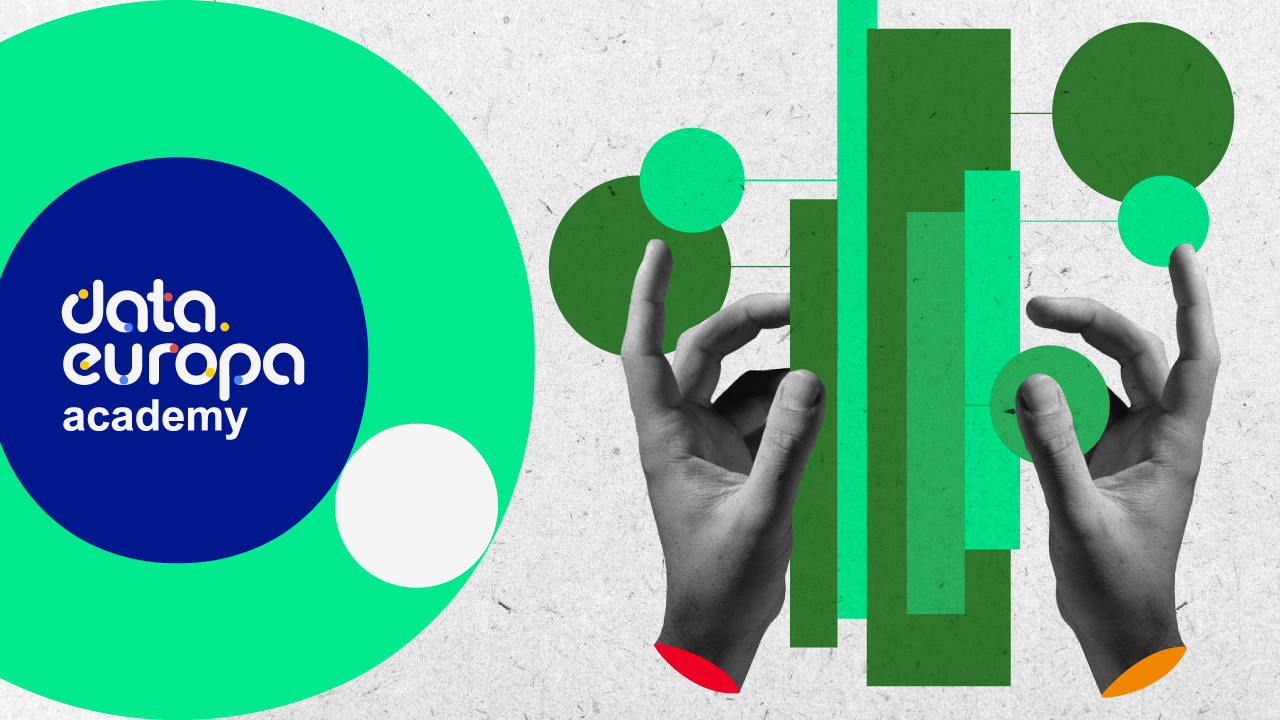
Are you looking to produce an interactive map to visualise information such as a social, economic, or environmental development data? In this webinar, Tuny Fujs demonstrates how the World Bank uses open data, open code, and open knowledge for the most effective visualisations. You’ll learn how to identify what data you need for your visualisation and why its important, and how you can tell a story and take your audience on a journey.
- Level:
- Beginner
- Content:
- Videos
- Theme:
- Impact
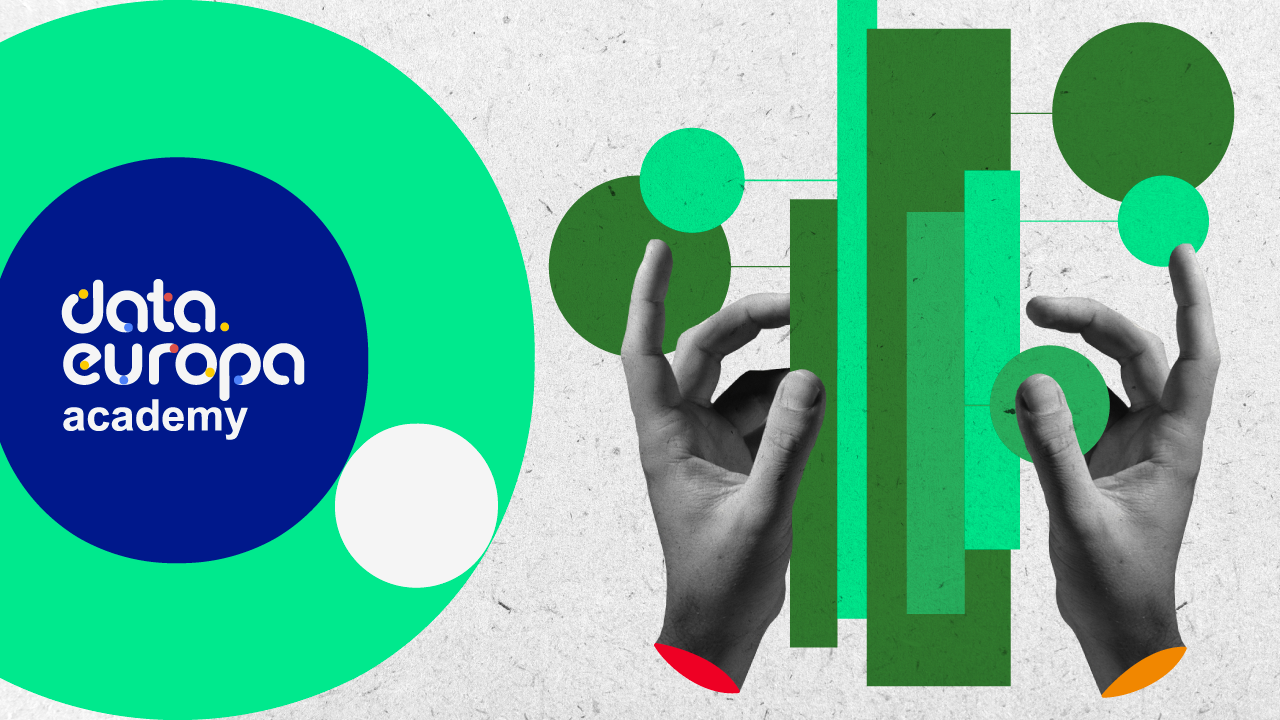
Curious to learn how to turn your live presentation into data visualisation? In this interactive webinar, Kirell Benziuses his audience to determine his presentation’s outcome and introduces Data Art. You’ll learn how data and your own audience can be used as a new communication medium to tell impactful stories on big data and artificial intelligence by combining scientific rigour with creativity.
- Level:
- Beginner
- Content:
- Videos
- Theme:
- CommunicationQuality
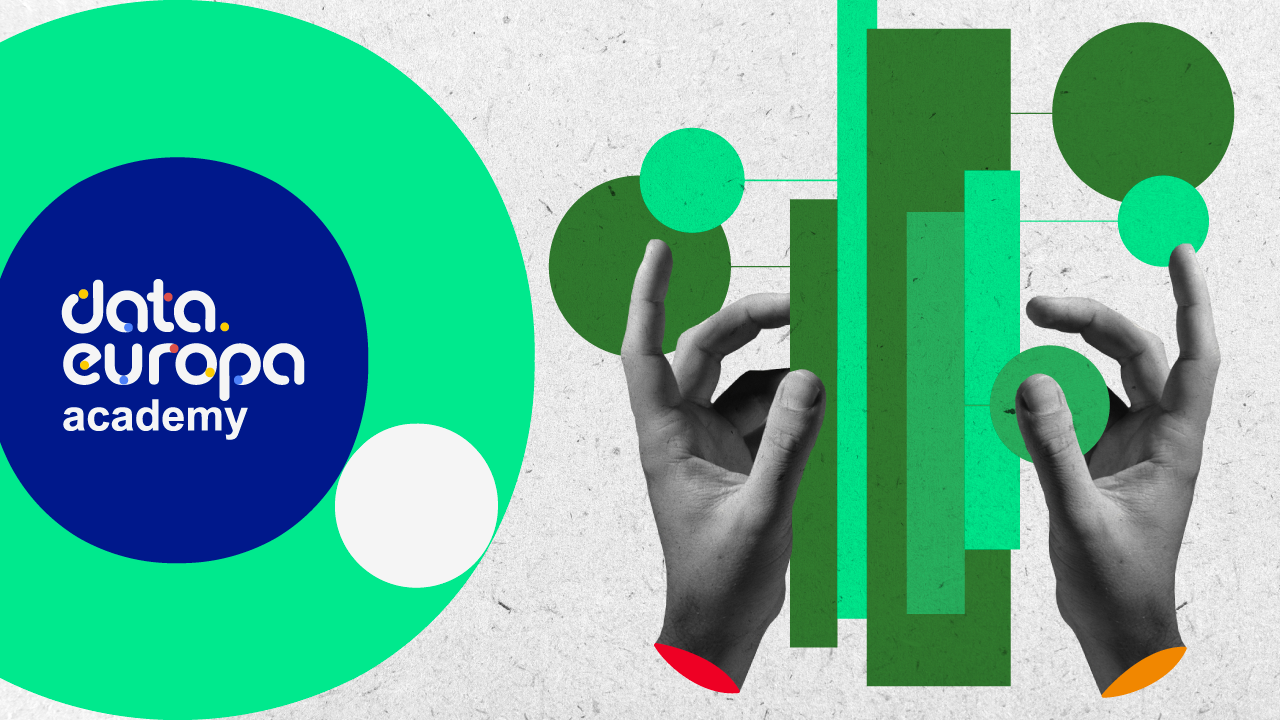
Ready to transform your printed reports into interactive and fun digital tools? This lesson has three webinars that focus on how data can be used for research and innovation, to create equal opportunities, and go beyond printed pages. You’ll learn about the digital transformation can turn pages to bright interactive tools, how to visualise findings into meaningful statistics and improve transparency, and why this is important and can be used to improve the decision-making process and policies.
- Level:
- Beginner
- Content:
- Reading, Videos
- Theme:
- ImpactCommunication

Nowadays, data has become a central component of government publications. But how can this data be presented in a way that allows others to easily access, reuse and reference it?
Formatted as an extendable checklist, this guide compiles tips, examples, resources and visual aids into a handy toolbox which will help you with all of the data-related aspects of your publication: writing about data, creating data visualisations, and preparing and publishing data.
Who is the guide for?
Anyone involved in the process of producing and publishing data and public sector information: researchers, policymakers, communications specialists, data experts, IT specialists, publication coordinators, designers, contractors…
What kinds of publication does this guide target?
Any type of published content that contains or references data: reports, studies and books, assessments, briefs and summaries, press releases, leaflets and brochures… – both in print and online. The data could be a primary source (data produced and analysed specifically for this publication) or a secondary source (third-party data that is used as supporting material).
- Level:
- Intermediate
- Content:
- Reading
- Theme:
- CommunicationImpact
